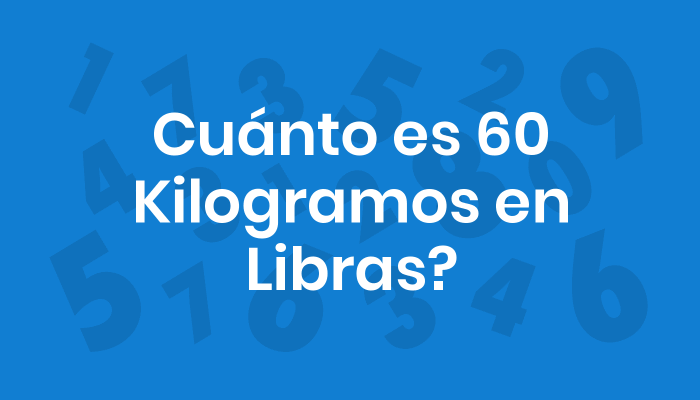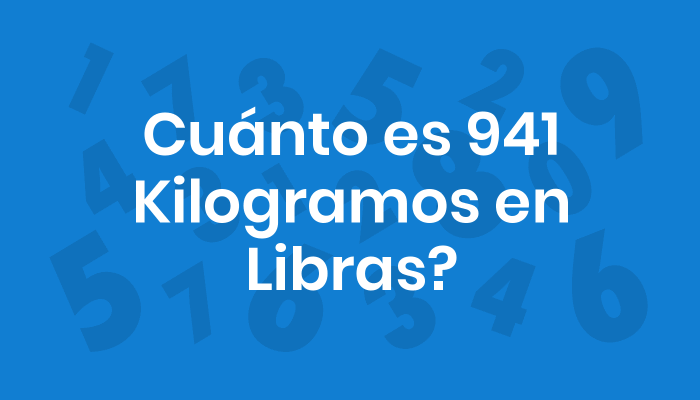Delve into the fascinating world of weight conversion as we embark on a journey to uncover the mysteries of “cuanto es 76 kg en libras.” From practical applications to historical origins, this exploration promises to illuminate the intricacies of measuring weight across cultures and disciplines.
Join us as we unravel the formula for converting kilograms to pounds, showcasing the significance of accurate conversions in fields like healthcare and engineering. We’ll trace the evolution of weight measurement systems, examining the cultural significance of different units and the challenges of navigating international trade with varying weight standards.
Conversions

Converting kilograms to pounds involves multiplying the kilogram value by a conversion factor. The conversion factor is 2.205 pounds per kilogram. This means that 1 kilogram is equal to 2.205 pounds.
To convert 76 kg to pounds, I’d rather not do the math right now. I’m not a big fan of doing tasks, you see. I’d rather spend my time doing something else , like reading or watching TV. But I guess I should get back to the task at hand.
So, 76 kg is equal to 167.55 pounds.
To convert 76 kg to pounds, we can use the following formula:
kg x 2.205 pounds/kg = 167.72 pounds
Therefore, 76 kg is equal to 167.72 pounds.
Weight Units Table
Here is a table comparing the values of 76 kg in pounds and other units of weight:
| Unit | Value |
|---|---|
| Kilograms | 76 |
| Pounds | 167.72 |
| Stones | 11.98 |
| Ounces | 2559.36 |
Applications

Converting kilograms to pounds has numerous practical applications across various industries and situations.
Accurate conversion is crucial in specific fields, such as healthcare or engineering, where precise measurements are essential for safety and effectiveness.
Healthcare, Cuanto es 76 kg en libras
- Prescribing medications: Doctors need to convert kilograms to pounds to determine the correct dosage for patients, as many medications are dosed based on weight.
- Monitoring patient progress: Tracking weight changes is important for monitoring patient health. Converting kilograms to pounds allows healthcare professionals to compare measurements easily.
Engineering
- Designing structures: Engineers use kilograms to pounds conversions to calculate the weight-bearing capacity of structures, ensuring safety and stability.
- Manufacturing: Converting kilograms to pounds is essential for determining the weight of materials used in manufacturing processes, ensuring accurate production and inventory management.
Historical Context: Cuanto Es 76 Kg En Libras

Throughout history, civilizations have developed their own systems for measuring weight, influenced by factors such as trade, geography, and cultural practices.
The earliest known weight measurement systems date back to ancient Mesopotamia and Egypt, where units like the shekel and the deben were used for weighing precious metals and commodities.
Standardization
The need for standardization in weight measurement became apparent as trade and commerce expanded across different regions and cultures. In the 19th century, the metric system emerged as a global standard, based on the decimal system and the kilogram as the fundamental unit of mass.
Cultural Differences

Weight units vary significantly across cultures and regions, reflecting diverse historical, practical, and cultural factors.
The most prevalent weight units are kilograms (kg) and pounds (lb), with each holding cultural significance in different parts of the world.
Kilograms
- Primarily used in the metric system, which is the international standard for measurement.
- Widely adopted in scientific, engineering, and medical fields globally.
- Preferred in most European countries, as well as many Asian and African nations.
Pounds
- Traditionally used in the imperial system, which originated in the United Kingdom.
- Still prevalent in the United States, United Kingdom, and a few other countries.
- Often associated with traditional measurements, such as body weight and cooking recipes.
Challenges in International Trade and Communication
The use of different weight units can pose challenges in international trade and communication.
- Discrepancies in product weights can lead to misunderstandings and disputes.
- Conversion errors can occur when translating weights from one unit to another.
- International agreements and standards often require conversion between weight units, which can be time-consuming and error-prone.
Additional Information
Delving deeper into the realm of weight conversion, we uncover a treasure trove of fascinating facts and practical insights.
Accuracy and limitations dance in a delicate balance when it comes to conversion methods. While online calculators and conversion charts offer convenience, their precision may vary depending on the underlying algorithms and the accuracy of the input data. For highly precise conversions, consulting a reputable conversion table or utilizing scientific calculators is recommended.
Role of Technology
Technology has transformed weight conversion from a cumbersome task to a matter of a few clicks or taps. Smartphones, calculators, and dedicated conversion apps empower us with instant access to conversion results, making it easier than ever to navigate the complexities of different weight units.
User Queries
How do I convert 76 kg to pounds?
Multiply 76 kg by 2.205 to convert it to pounds.
What are the practical applications of converting kilograms to pounds?
Converting kilograms to pounds is essential in various industries, including healthcare, engineering, and international trade, where accurate weight measurements are crucial.
How has the standardization of weight measurement systems impacted conversion?
Standardization has simplified weight conversion by establishing universal units and reducing confusion caused by multiple systems.